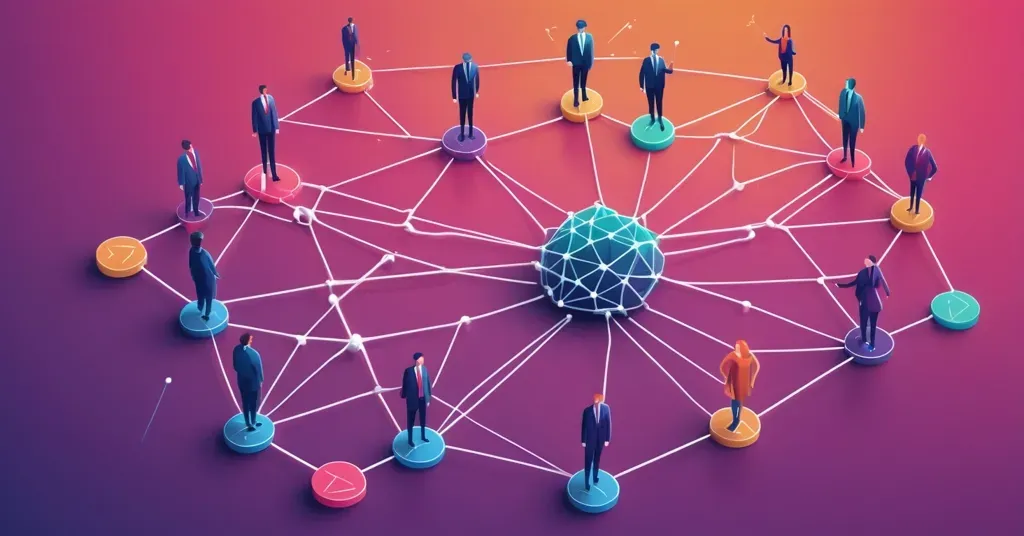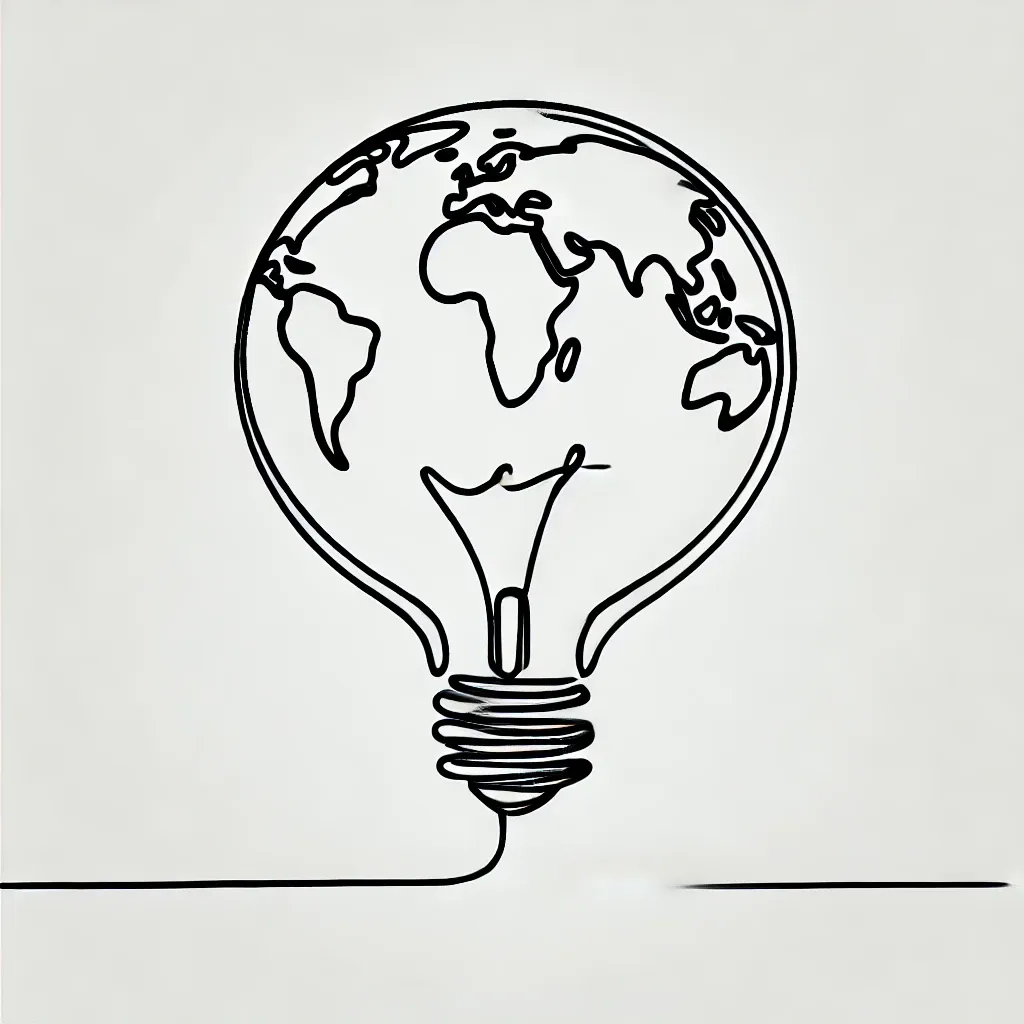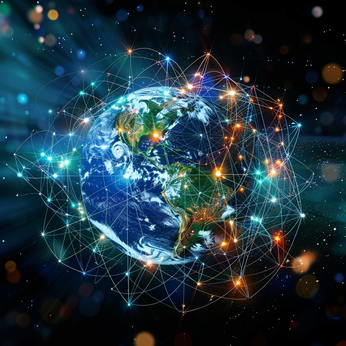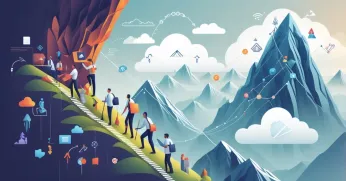
Global Advantage: 10 Reasons to Adopt a Multi-Country Viewpoint
Expanding perspective globally offers enhanced risk management, diversification, autonomy, immediate action, global access, independence from networks, resource efficiency, personal advantage, competitive edge, and improved connectivity.
Your Point of View
Our understanding of the world is shaped by personal experiences, including upbringing, education, media exposure, professional background, and industry knowledge. These factors influence our actions, strategies, and the commercial results we achieve.
With constant shifts in the global economic, geopolitical, societal, regulatory, and competitive landscapes, it’s valuable for business leaders to periodically reevaluate and update our worldview, especially through a multi-country lens.
Expanding Your Worldview
Broadening our perspective by adopting a multi-country viewpoint involves looking at the world from various perspectives across the globe. Doing so is advantageous and straightforward.
Here are ten reasons:
- Risk Mitigation: A wider perspective aids in spotting potential risks in different markets or disruptive threats on the horizon, allowing for proactive mitigation.
- Diversification Opportunities: Looking beyond your current environment can reveal new growth and commercial opportunities.
- Autonomy: You can independently expand your viewpoint without needing permission or a defined pathway.
- Immediate Implementation: It’s possible to start this perspective shift right away without extensive preparation or resources.
- Ease of Access: Today’s digital age requires just an internet connection to unlock global information and insights.
- No Pre-established Networks Needed: Your expanded worldview doesn’t require existing networks or narratives.
- Reduced Friction: A broader outlook minimizes the need for intermediaries, cutting down on time delays and costs, and it facilitates direct access to strategic resources.
- Portable and Personal Advantage: This knowledge is a valuable, career-long, and legacy-enabling asset that goes beyond position, company, industry, or location.
- Competitive Edge: Avoiding a limited worldview quickly garners a competitive advantage over less adaptable peers.
- Global Connectivity: Expanding your perspective enhances your ability to connect and collaborate globally, fostering international relationships and opportunities.
Desmond Tutu said: “Don’t raise your voice, improve your argument.”
In a world that often makes little sense, seeing more lets you cut through and achieve more.
The Power of an Expanded Perspective
Updating and expanding our worldview is not just academic; it’s a practical, strategic necessity for staying relevant, competitive, and impactful in today’s interconnected world. Embracing a multi-country perspective brings smarter decision-making, better risk management, and greater commercial success.
Amplified ambition drives global goals. The greater your viewpoint, the stronger your competitive advantage. The sooner you achieve your ambitious goals, the more significant your impact.
Reflective Questions:
What’s your worldview?
How recently have you reevaluated it?
What value would a multi-country perspective deliver in unlocking diversified income, insightful strategic intelligence, influential networks, innovative investment opportunities, and impactful introductions?
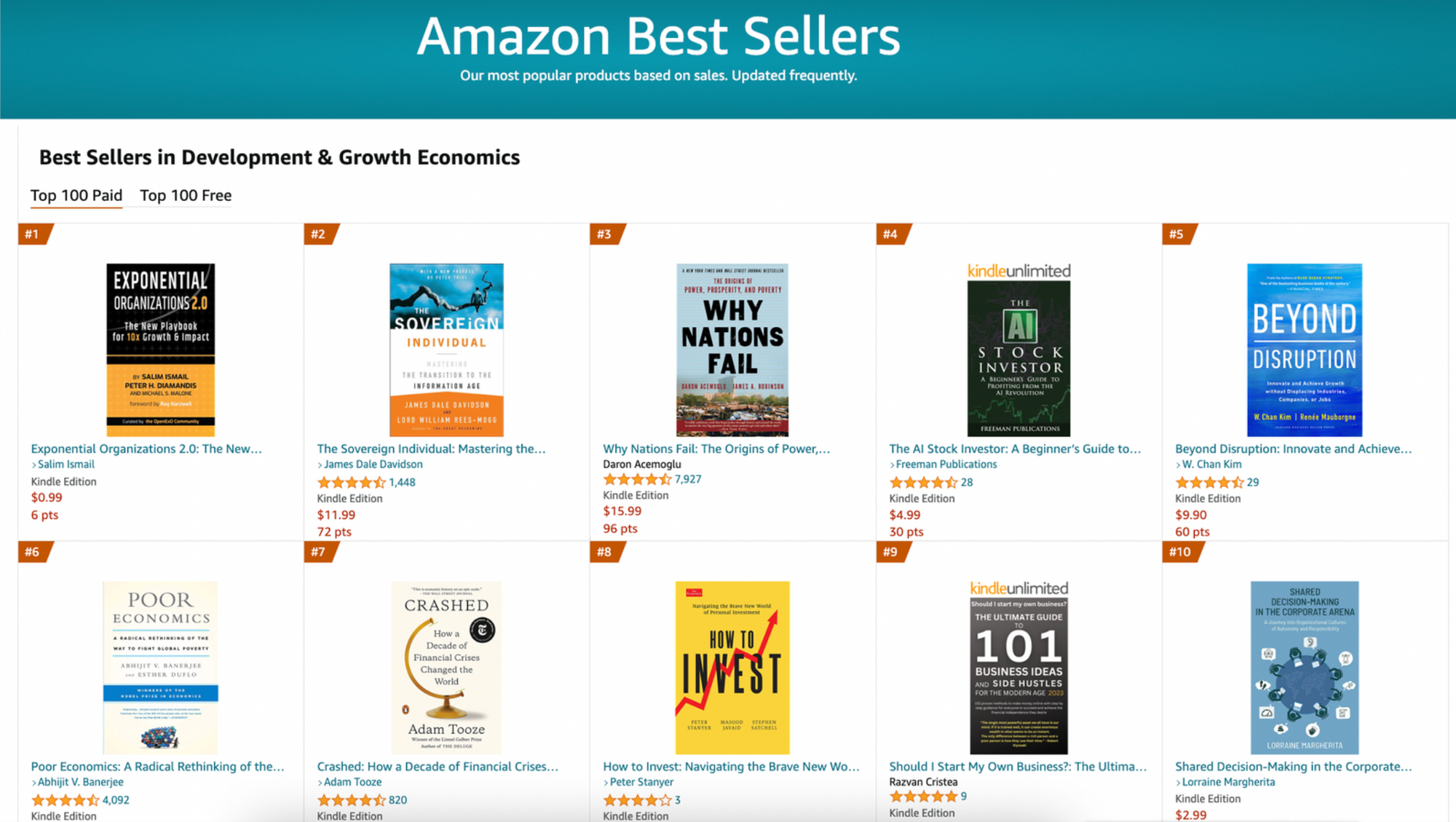
Stay ahead of the curve with ExO Feeds!📲💬
Check out our amazing thought leaders. If you are interested in writing, sign up here.
Immerse yourself in the game-changing ideas of OpenExO.
Begin your journey here 🎟️ExOPass & 📚Exponential Organizations 2.0
Be sure to visit the Learning Hub for all the Masterclasses (we have 19+ classes now), Certification courses, an Online Marketing Course, and much more.
ExO Insight Newsletter
Join the newsletter to receive the latest updates in your inbox.


